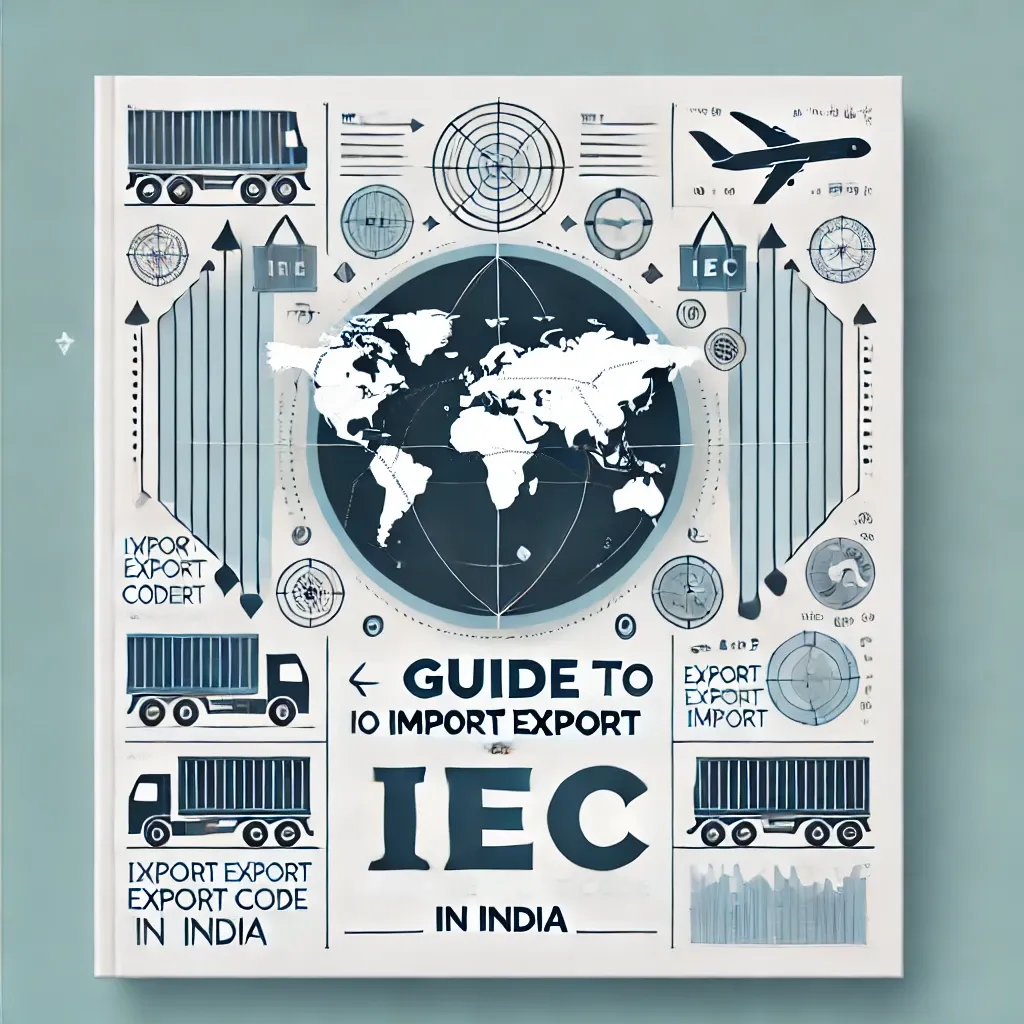Comprehensive Guide to Import Export Code (IEC) in India

The Import Export Code (IEC) is a pivotal requirement for businesses in India aiming to engage in international trade. Issued by the Directorate General of Foreign Trade (DGFT), this unique 10-digit code facilitates the import and export of goods and services, serving as a primary business identification number in global markets.
What is IEC?
IEC stands for Import Export Code, a mandatory identification number for individuals or entities involved in importing or exporting goods and services from India. Without an IEC, businesses cannot legally partake in international trade activities. The DGFT issues this code, which remains valid for the lifetime of the entity and does not require renewal.
Why is IEC Registration Necessary?
IEC registration is essential for several reasons:
- Customs Clearance for Imports: Importers must present the IEC to customs authorities to clear shipments into India.
- International Financial Transactions: Banks require the IEC when importers send money abroad or exporters receive foreign currency payments.
- Export Shipments: Exporters need the IEC to dispatch shipments through customs ports.
- Availing Export Benefits: Businesses can access various benefits, subsidies, and schemes offered by the DGFT, Export Promotion Councils, and customs authorities upon obtaining IEC registration.
Can Import/Export Activities Occur Without an IEC?
Engaging in import or export activities without an IEC is not permissible. The IEC is a mandatory requirement for conducting international trade in India. However, certain exceptions exist, such as importing or exporting goods for personal use, which are not intended for commercial purposes, and specific notified charitable institutions.
Documents Required for IEC Registration
To register for an IEC, the following documents are typically required:
- PAN Card: A self-attested copy of the PAN Card of the individual, partners, directors, or the entity.
- Photograph: A scanned passport-sized photograph of the applicant.
- Identity Proof: Self-attested copy of Voter ID, Aadhaar card, or passport of the proprietor, partners, or directors.
- Address Proof: Proof of the business premises, such as a sale deed, lease deed, rent agreement, or utility bills.
- Bank Details: A canceled cheque or a bank certificate of the entity or individual, as applicable.
Registration Process and Timeline
The IEC registration process has been streamlined through online platforms, making it efficient and user-friendly. Applicants can visit the DGFT website, fill out the necessary forms, upload the required documents, and pay the prescribed fee. Upon successful submission, the IEC is typically issued within 24 to 48 hours.
Modifying IEC Details Post-Registration
Post-registration, businesses can modify their IEC details, including changes in address, bank account information, partners or directors, registered email IDs, and mobile numbers. The modification process is facilitated online through the DGFT portal, ensuring that the IEC reflects the current information of the entity.
Benefits of IEC Registration
Obtaining an IEC offers several advantages:
- Global Market Access: IEC enables businesses to expand their operations internationally, reaching a broader customer base and exploring new markets.
- Government Incentives: Registered entities can avail benefits under various government schemes, such as duty credit scrips to exporters.
- No Compliance Burden: Once issued, the IEC does not require the filing of periodic returns, reducing the compliance burden on businesses.
- Lifetime Validity: The IEC is valid for the lifetime of the entity, eliminating the need for renewals and associated procedures.
Penalties and Compliance
While there is no direct penalty for not having an IEC, engaging in import or export activities without it is illegal and can lead to the confiscation of goods, fines, and other legal consequences. Therefore, obtaining an IEC is crucial for businesses involved in international trade to operate within the legal framework.
Conclusion
The Import Export Code is a fundamental requirement for Indian businesses aiming to participate in global trade. It not only facilitates legal compliance but also opens avenues for growth, government incentives, and international market access. With a straightforward online registration process and lifetime validity, obtaining an IEC is a prudent step for businesses seeking to expand their horizons beyond domestic boundaries.
For more detailed information and to initiate the registration process, businesses can visit the official DGFT website.




